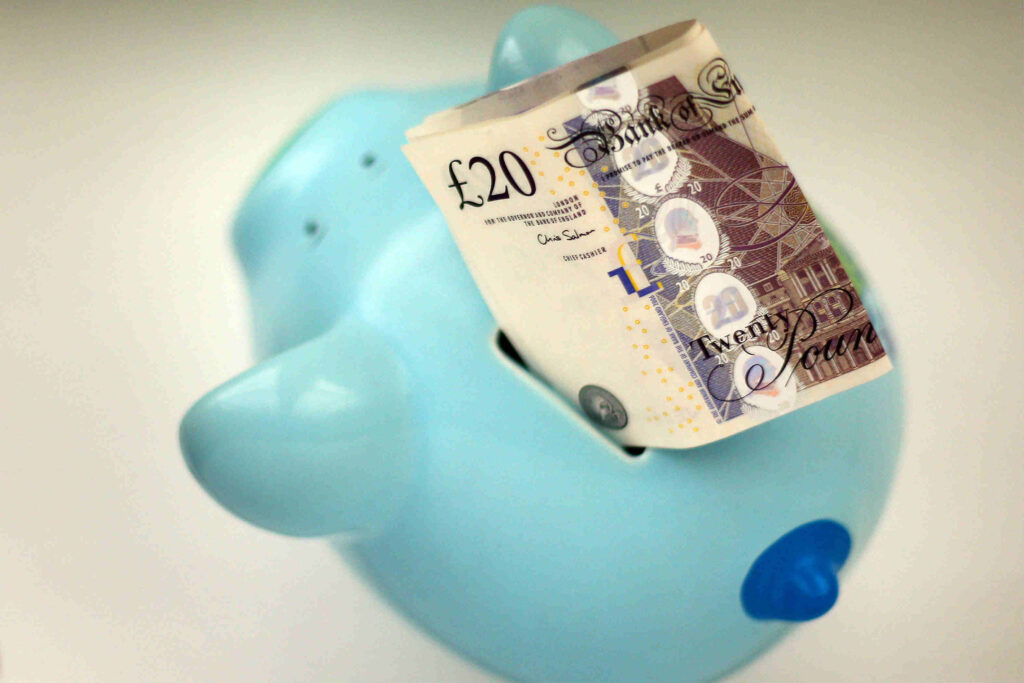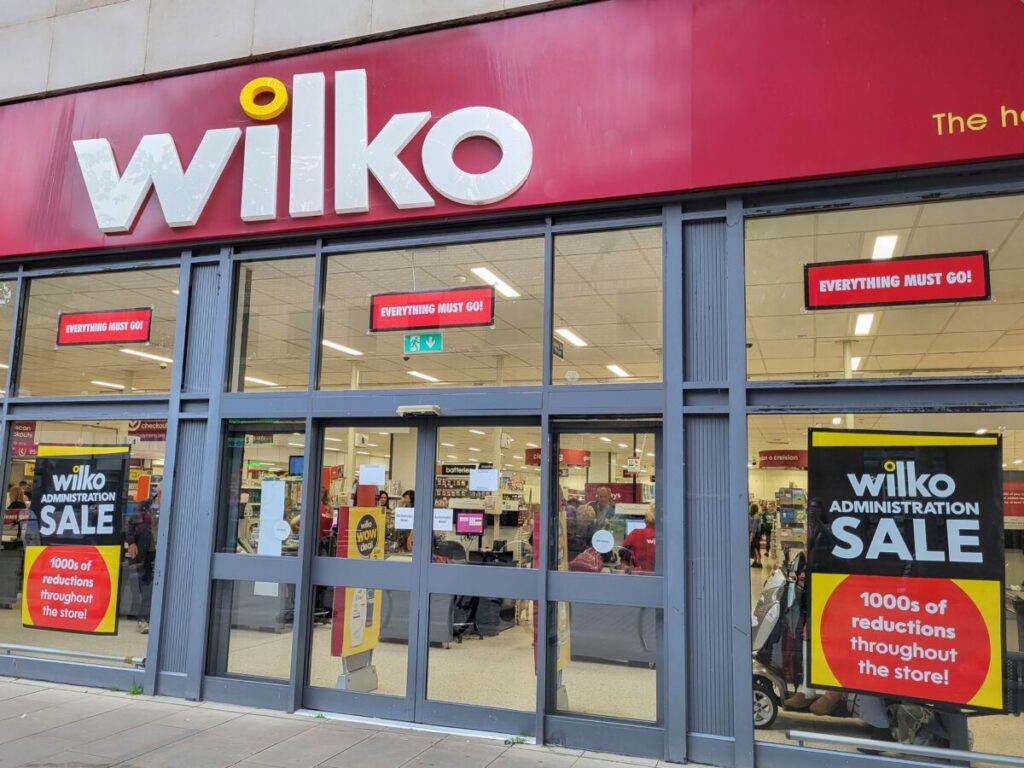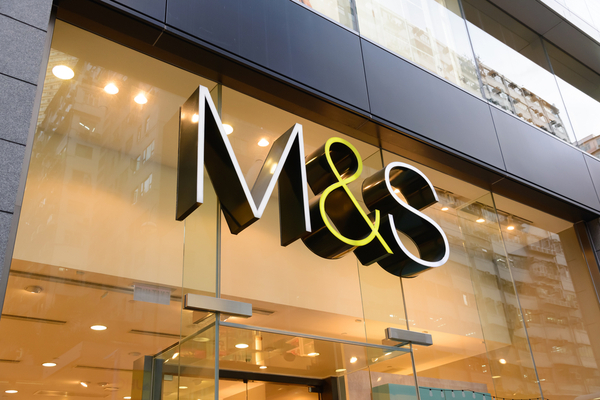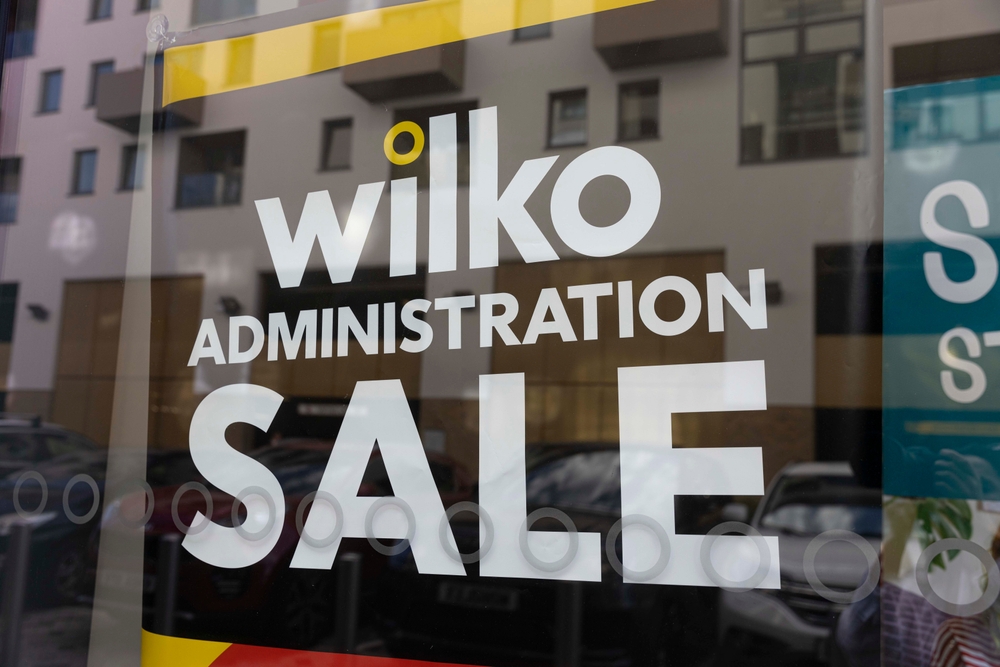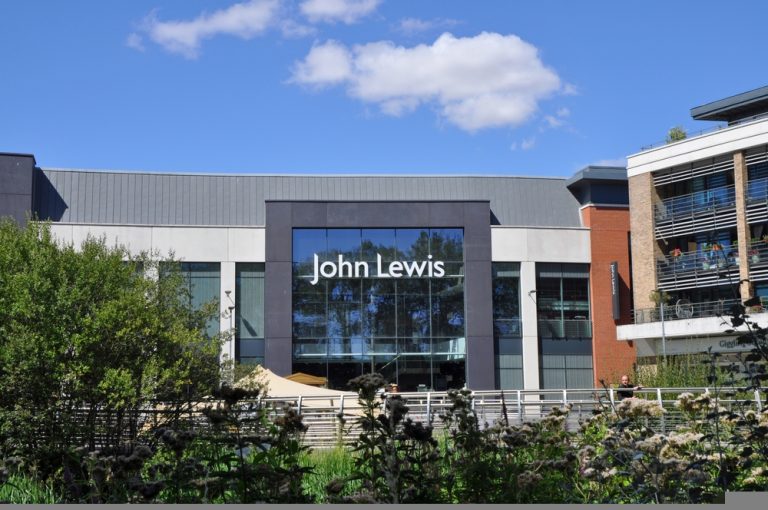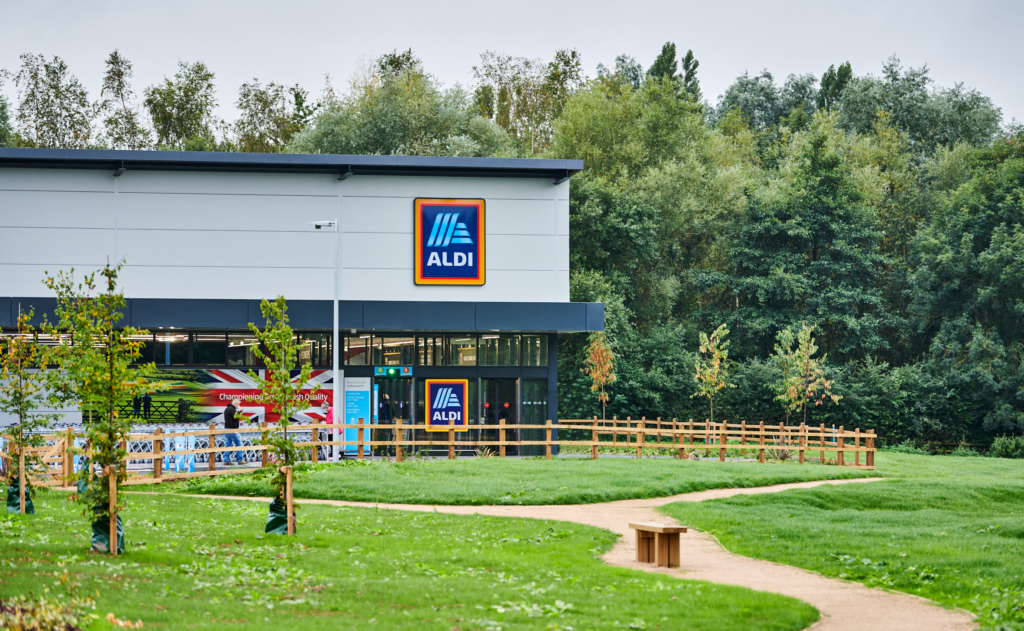// Chancellor says companies – including retailers – will be given £1000 for each furloughed staff member they take back
// The jobs retention bonus will be paid to companies if they keep the employee in work until January
// The new scheme will cost the UK Government up to £9 billion
Chancellor Rishi Sunak has announced a new scheme that could cost up to £9 billion to encourage employers to bring back the workers they furloughed.
Sunak said the furlough scheme cannot go on indefinitely and will be wrapped up in October, but promised to pay companies – including retailers – £1000 for each staff member they take back, provided they were sent home as part of the government’s coronavirus job retention scheme.
The jobs retention bonus will be paid to companies if they keep the employee in work until January, and pay them at least £520 per month, on average.
READ MORE:
- Retailers to start contributing to furlough bill from August
- Staff can be put back on furlough during local lockdowns, No. 10 says
If all furloughed workers are taken back by their employer the scheme will cost the UK Government £9 billion, the Chancellor said.
“Leaving the furlough scheme open forever gives people false hope that it will always be possible to return to the jobs they had before,” he told MPs today.
“The longer people are on furlough, the more likely it is their skills could fade, and they will find it harder to get new opportunities.
“It is in no-one’s long-term interests for the scheme to continue forever, least of all those trapped in a job that can only exist because of government subsidy.
Sunak added: “Today, we’re introducing a new policy to reward and incentivise employers who successfully bring furloughed staff back – a new jobs retention bonus.
“It’s vital people aren’t just returning for the sake of it – they need to be doing decent work.
“So for businesses to get the bonus, the employee must be paid at least £520 on average, in each month from November to the end of January.
“Our message to business is clear: if you stand by your workers, we will stand by you.”
Despite this announcement, which was part of a wider £30 billion package to help kickstart the economy, no other direct help was announced for the retail sector.
BRC chief executive Helen Dickinson said she was “disappointed” the wider measures extended mostly to hospitality and tourism had not been passed on to retail.
“The chancellor’s proposals of a VAT cut will be important in reviving these sectors and the 1.8 million people who work there,” she said.
“However, it was disappointing that the chancellor did not extend this measure to the retail industry and the 3 million people it employs.
“It was a missed opportunity and we hope that the government will reconsider this ahead of the autumn Budget.”
GlobalData retail analyst Thomas Brereton said retailers would have welcomed a similar initiative to the ‘eat out to help out’ subsidy for hospitality firms.
He said non-food retailers in bricks-and-mortar stores are set to end 2020 with a £34.8 shortfall compared to last year.
More than 9.4 million people across various industries have been put on furlough since the nationwide lockdown was implemented in late March.
The furlough scheme has cost the Treasury £27.4 billion, according to the latest figures.
As part of the scheme, the government covers 80 per cent of workers’ salaries up to £2500 per month until the end of July.
It would begin to taper off from August 1 when employers will be told to pay national insurance, tax and pension contributions for its employees on the furlough scheme.
From September 1, the government would drop the coverage to 70 per cent of staff salary up to £2190 a month, with employers asked to make up the 10 per cent shortfall as well as all the tax contributions.
By October 1, Sunak said the government would cover 60 per cent of salaries to a cap of £1875 a month, with employers asked to foot the 20 per cent difference plus the tax contributions.
The scheme ensures workers on furlough will keep receiving 80 per cent of their wages up to £2500 a month until the end of October.
However, a surge in jobs cuts – especially in retail – amid a wave of administrations and CVAs since the coronavirus pandemic started has raised fears that unemployment rates could become even worse once the furlough scheme ends in October.
with PA Wires
Click here to sign up to Retail Gazette‘s free daily email newsletter

